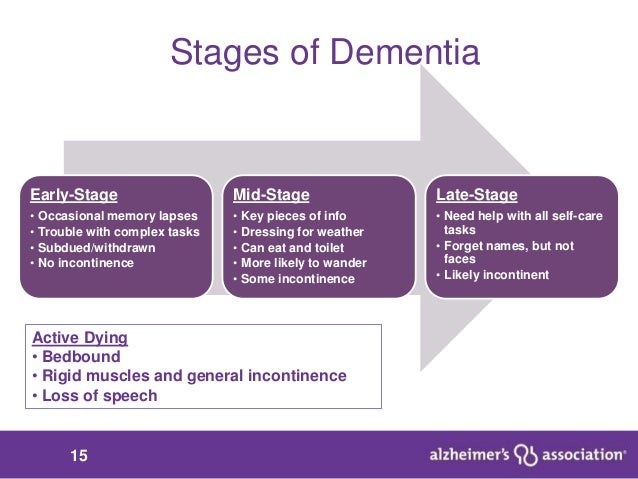Occasional Memory Lapses
Alzheimer’s often begins with the individual forgetting how to complete simple routine tasks they’ve performed a hundred times before. “All people who get older can expect lapses in memory from time to time, but a hallmark between an occasional memory lapse and the onset of Alzheimer’s disease is the type of memory lapse,” Prior explains. Sometimes memory lapses can be attributed to medications or other substances. These can include prescription drugs, other mind-altering substances, and even surgeries. Alcohol or Illicit Drugs Drinking alcohol or using illicit drugs can impair your memory, both in the short term and long term. For most boomers, a memory lapse can be an annoyance. For my wife, Sue, it was a lifesaver. The night was a blur of tests, memory quizzes, an MRI, and the occasional visit from 'Kingston'. Memory problems and Shaking hands or tremor. WebMD Symptom Checker helps you find the most common medical conditions indicated by the symptoms memory problems and shaking hands or tremor including Benign essential tremor, Parkinson disease, and Depression (Adult). There are 29 conditions associated with memory problems and shaking hands or tremor. Everyone has occasional memory lapses, but the memory loss associated with Alzheimer's disease persists and worsens, affecting the ability to function at work or at home. People with Alzheimer's may: Repeat statements and questions over and over; Forget conversations, appointments or events, and not remember them later.
Occasional memory lapses, such as forgetting the name of a friend, may be a symptom of a shrinking brain, researchers have found.
Scans revealed that a brain area linked to memory is smaller in people whose ability to remember or concentrate fails them now and then.
Scientists studied 500 people aged 50 to 85 living in the Netherlands who were not suffering from dementia.
Occasional Memory Lapses
Volunteers were asked about sporadic memory problems like struggling to find the right word, or forgetting a friend's name or things that happened in the last day or two. They were also asked if they had problems concentrating.

Temporary Memory Lapse
A high proportion of 453 participants reported having occasional memory or thinking problems, which would not show up on regular tests of cognitive skills.

Occasional Memory Lapse
The hippocampus is one of the first parts of the brain to be damaged by Alzheimer's disease.

Brain scans showed that the hippocampus was smaller in people who had memory problems than in people who did not.
The average volume of the brain region in the two groups was 6.7 millilitres and 7.1 millilitres respectively.
Occasional Memory Loss
Study leader Dr Frank-Erik de Leeuw, from Radboud University Nijmegen Medical Centre in the Netherlands, said: 'These occasional, subjective memory complaints could be the earliest sign of problems with memory and thinking skills and we were able to discover that these subjective memory complaints were linked to smaller brain volumes.
'Because occasional memory lapses were so common, though, more work needs to be done to use such complaints diagnostically.'

Dr de Leeuw added: 'To further strengthen the possible connection between the subjective memory complaints, size of hippocampus and the development of Alzheimer's disease in all of the participants will be investigated again within the coming years.'